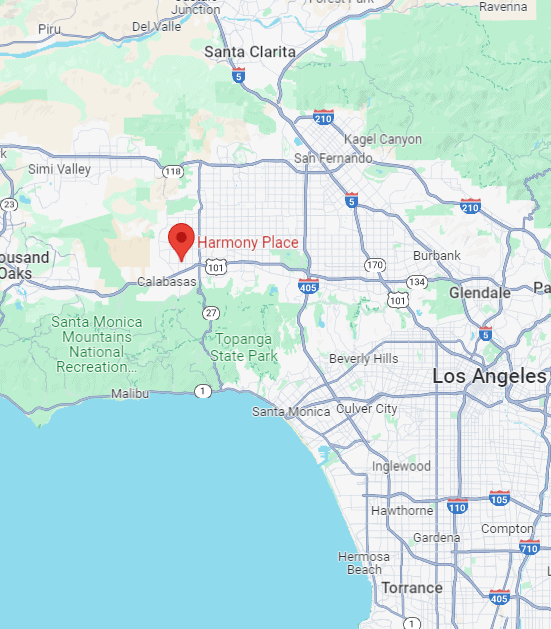What Does an Opioid Addiction Assessment Consist of?
An opioid addiction assessment is a thorough evaluation aimed at determining the extent of opioid misuse and directing treatment planning. It usually involves an in-depth interview that examines your history of opioid substance abuse, medical and mental health conditions, social and family background, and previous treatment experiences. Screening tools, questionnaires, and self-report methods are frequently employed to collect precise information.
Additional opioid addiction evaluation tactics might include standardized rating scales like the Opioid Addiction Severity Index (OASI), physical check-ups, and lab tests to identify any co-existing medical conditions. Mental health assessments are carried out to detect depression, anxiety, or other disorders that could affect treatment. Our objective is to develop a customized treatment plan that addresses both the addiction and any underlying health or social issues. If you want more information about our opioid abuse assessment, contact us at Harmony Place.
What Are Screening Tools for Opioid Addiction Assessments and Evaluations?
Screening tools for opioid addiction assessments and evaluations are standardized approaches designed to identify the presence and severity of OUD. These methods assist healthcare providers, like Harmony Place, in swiftly recognizing opioid substance abuse, evaluating severity, and determining the necessity for further assessment or intervention. Standard tools encompass surveys, checklists, and rating scales, including the Opioid Addiction Severity Index (OASI).
Additional tools include the CAGE-AID questionnaire, the Drug Abuse Screening Test (DAST), and the Prescription Opioid Misuse Index (POMI). Some rehabilitation centers might also use structured interviews and mental health assessments to assess co-occurring disorders. These methods support the diagnostic testing process, aiding treatment facilities, such as Harmony Place, in developing tailored treatment strategies and tracking progress over time.
Are Opioid Addiction Assessments Free in Los Angeles County?
In Los Angeles County, the expenses for opioid addiction evaluations can differ based on your provider, insurance policy, and the treatment environment. Some rehabilitation centers impose a fee, while others might incorporate the assessment into their enrollment procedure. Numerous facilities also accept insurance, which can assist in lowering or completely covering the costs of evaluations and initial examinations.
Our opioid addiction assessments in LA are provided free of charge as part of our admissions process. This enables you to receive a customized evaluation of your needs without an initial financial burden. The review assists our team in creating an opioid addiction treatment plan for your needs.






















